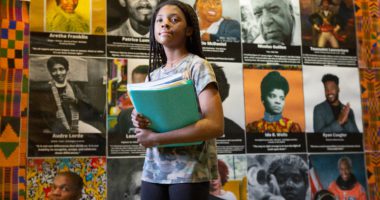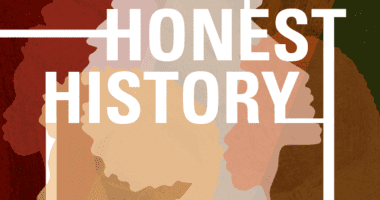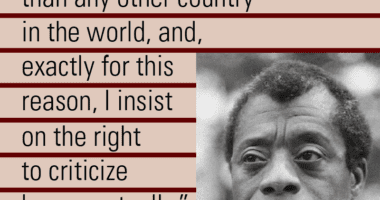U.S. Public Education is Under Attack. It’s Time to Take a Stand.
Black History Month is a time when we honor such American heroes as Toni Morrison, Ruby Bridges, and Martin Luther King Jr. And yet, the celebration of the contributions of African Americans took a turn this year, as books by them or about them are being banned in certain school districts.
It’s not just that right-wing ideologues are attacking students’ right to learn the truth about America, using the pretext that our nation’s educators are teaching so-called “critical race theory.”
It’s not just that state legislatures began banning what they called “divisive concepts,” when it comes to teaching about race, or that books are being pulled from school libraries and reading lists across the country.
Let’s call this what it is: an attack on public education. And for organizations that advocate for excellence in education, now is the time to fight even harder to make sure that students — particularly for those whom public education has failed for far too long — receive a high-quality education that prepares them to live a life of their choosing.
Attempts to sweep America’s brutal truths under the rug should be familiar to those who have fought for education equity. For years, education equity advocates and allies have pushed for using achievement data to make visible the inequities that were hidden in averages. And they have long pushed for equity in ensuring that all students have access to experienced and qualified teachers. They fought for a rigorous curriculum aligned to high-quality college- and career standards. They have confronted denial about the inequitable funding of schools that serve large populations of students of color and students from low-income backgrounds.
In this moment, when all students are experiencing the disruptions and societal trauma of a two-year-long pandemic, the inequities of the U.S. education system have come into full public view.
But instead of using this moment to bring the nation together to confront and address those inequities and pledge to make sure schools are excellent for all children, our attention is being distracted by a small but noisy number of parents and policymakers, inflamed by conservative think tank intellectuals based in New York and California. This cadre of well-funded people are busy portraying already overworked teachers as somehow being sinister forces of indoctrination. And their messaging seems to be winning. To date, 37 states have pending legislation to limit what students can hear, what lessons they can be taught, and what books their teacher can assign them to read to become better-informed citizens.
By allowing our students not to be taught about race and racism, we are setting children up to live small. Teaching the honest history of our country, warts and all, gives students the context for how people lived as our still young nation is developing, and how far we’ve come and need to go in addressing racial inequities in our society. So, when a small number of mostly White and affluent parents threaten the jobs of librarians and teachers for assigning their high school students to read about racism and colorism in Morrison’s The Bluest Eye or the modern-day race relations in Angie Thomas’ The Hate U Give — it is time for all of us to speak up and do what’s right.
Every student in the United States deserves a rich and complete education that helps them understand the story of their country and how their families are part of that story. This learning helps students digest current events in the context of history, develop critical thinking skills, and distinguish truth from falsity. It helps them recognize the big patterns in society and lets them make judgments about whether America’s struggle for democracy has been successful or has been hobbled by stubborn systems of racism and oppression.
Those who worry that teaching children the true history of their country will make them be less patriotic should heed the words of education historian, James Anderson: “People are more patriotic when they understand the society in which they live and are committed to making it a better society,” he said. “This fear that somehow if people know about slavery, about Jim Crow, about the ways in which race has shaped our dominant social institutions, that somehow they’d be less patriotic — that is simply a false notion.”
Purposely denying students access to such learning is not only civically irresponsible, it threatens the progress that has been made toward creating a more equitable educational system.
Education equity advocates and allies must stand united once again, for divided we fall. We must actively resist legislation and state policies that force educators to whitewash U.S. history and deny students the literature that will help Black students see themselves in history and for White students to develop empathy for those who don’t look like them.
After all, this country could use a lot more empathy right now. Such empathy could drive a collective will to address all the inequities that faced us before COVID-19, and which have only been exacerbated by the pandemic.
Let Dr. King’s words of warning serve as motivation for the road ahead: “In the end, we will not remember the words of our enemies, but the silence of our friends.”
Where do you stand, friend?






